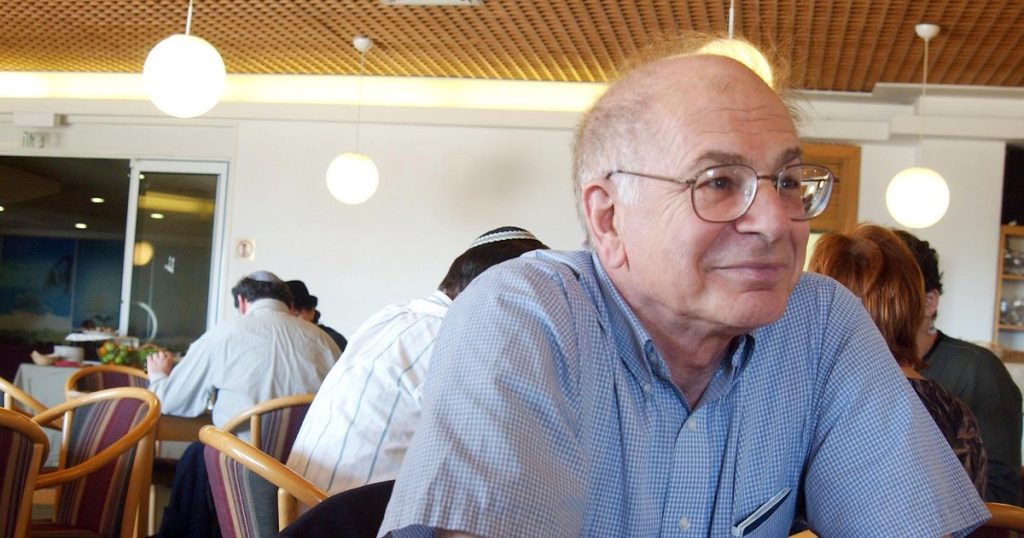Daniel Kahneman, a psychologist who won a Nobel Prize in economics for his groundbreaking insights into how neurological biases influence decision making, passed away at the age of 90. He, along with his longtime collaborator Amos Tversky, revolutionized the field of economics by challenging the assumption that people are rational actors capable of making clear decisions. Their research, explained in Kahneman’s best-selling book “Thinking, Fast and Slow,” focused on the role of subconscious biases and mental shortcuts that can lead to irrational decision-making.
One example of these biases is false confidence in predictions, as illustrated by an Israeli army challenge used to assess leadership potential. Despite observers confidently identifying future leaders based on the challenge results, their assessments did not align with actual performance in officer training school. This discrepancy led Kahneman to coin the term “the illusion of validity” to describe the phenomenon. His partnership with Tversky, which began in 1969, was marked by mutual respect and collaboration, resulting in numerous groundbreaking insights into human decision-making.
Kahneman and Tversky discovered that people react more strongly to losses than to equivalent gains, a concept known as “loss aversion.” This finding, along with others, formed the basis of their theory of risky choice called “prospect theory.” Their work laid the foundation for the field of behavioral economics, for which Kahneman received the Nobel Prize in 2002. Tversky, who passed away in 1996, would likely have shared the prize with Kahneman had he been alive at the time.
The duo’s close collaboration and shared intellect allowed them to work seamlessly together, with Kahneman describing their partnership as owning a “goose that could lay golden eggs – a joint mind that was better than their separate minds.” Their research challenged traditional economic assumptions and brought a greater understanding of how cognitive biases influence decision making. Kahneman’s work continues to influence a wide range of fields, from economics to psychology, and his book “Thinking, Fast and Slow” remains a seminal text on the subject.
Barbara Tversky confirmed Kahneman’s death to the Associated Press, but did not disclose the cause or location. His passing marks the end of an era in the field of decision making and behavioral economics. Kahneman’s legacy lives on through his groundbreaking research and continued influence on how we understand the complexities of human decision-making processes. His partnership with Amos Tversky produced some of the most important insights into the mechanisms that drive our choices, leaving a lasting impact on the field of economics and psychology.


